Aksyonov's private armies: how Russian-occupied Crimea is getting ready for the Ukrainian counter-offensive
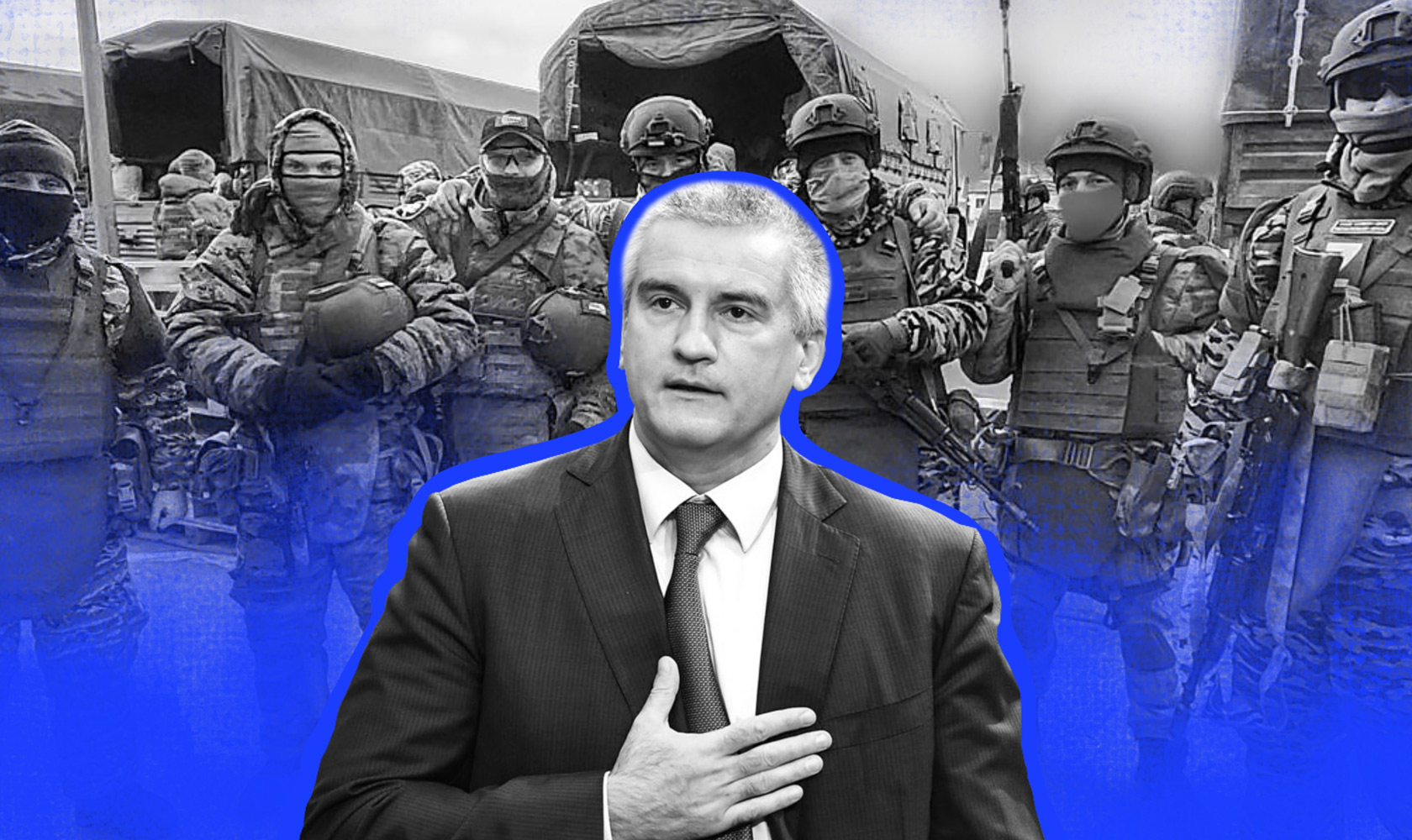
"Crimea could be Ukrainian again," local residents of Russian-occupied Crimea told Ukrainska Pravda last autumn when discussing a possible counter-offensive by Ukrainian forces.
The mood on the peninsula is restless. There have been increasing complaints from the occupying authorities of explosions and Ukrainian drone attacks, with Ukraine’s Defence Intelligence promising that the Ukrainian army will enter Crimea in 2023.
The Russian rhetoric of "there is no panic" [as Russian propaganda often claims when facing failures at the front to head off unrest among the population] is being directly contradicted by the actions of Sergei Aksyonov, the Russian-appointed "head" of Crimea. He has been actively working on building fortifications and establishing private armies to send soldiers to war and protect the occupying administrations and local businesses.
Aksyonov has now founded two military volunteer battalions on the peninsula: Tavrida and Livadia. Both are focused on key areas for the invaders – the Russian-occupied parts of Kherson and Zaporizhzhia oblasts, which lead to annexed Crimea.
Russian propagandists have dubbed the members of the combat units "Aksyonovites". Most of them are closely linked to Russian Cossacks and security structures and took part in the annexation of the peninsula in 2014.
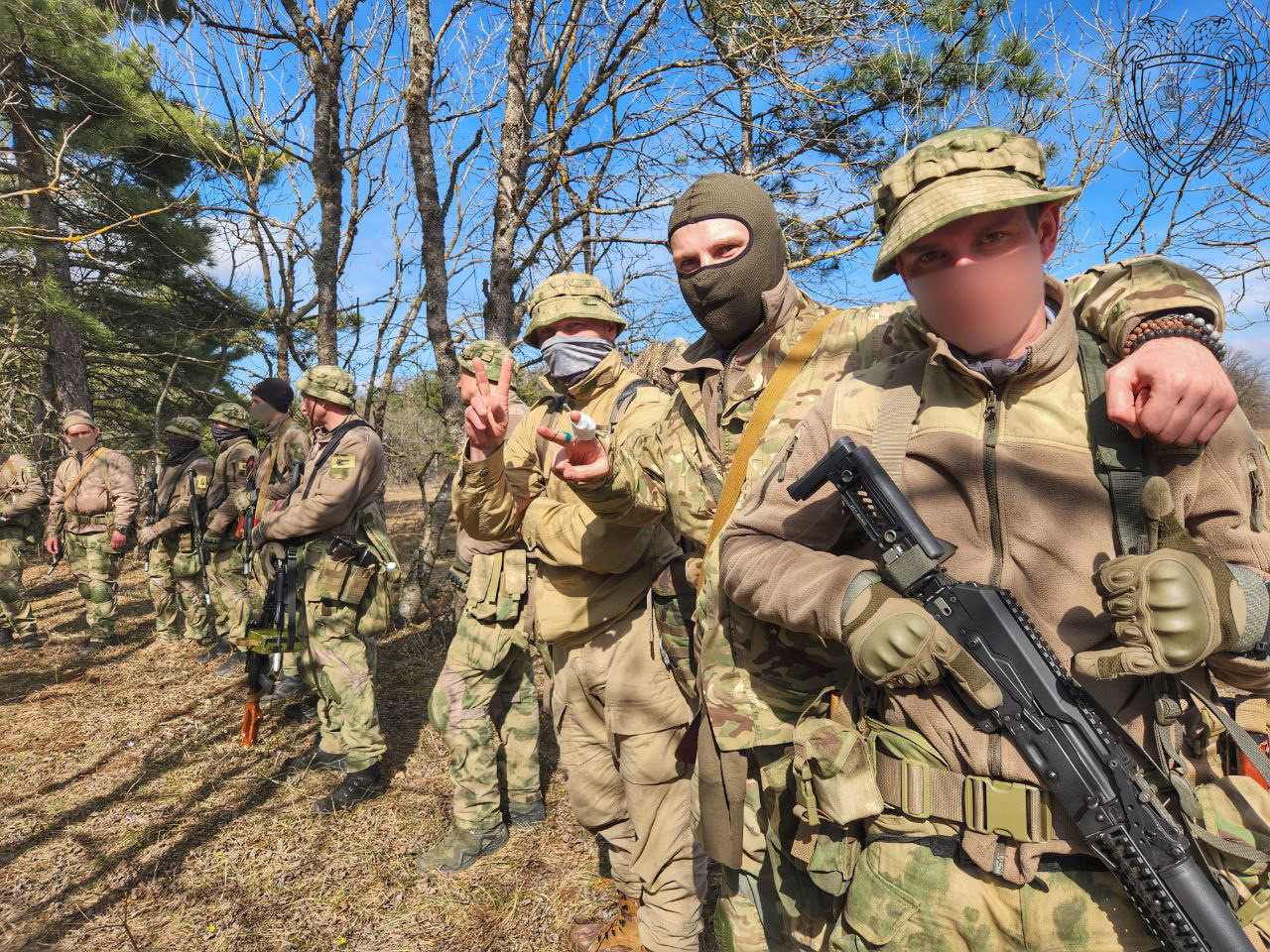
This article looks at these private armies in more detail.
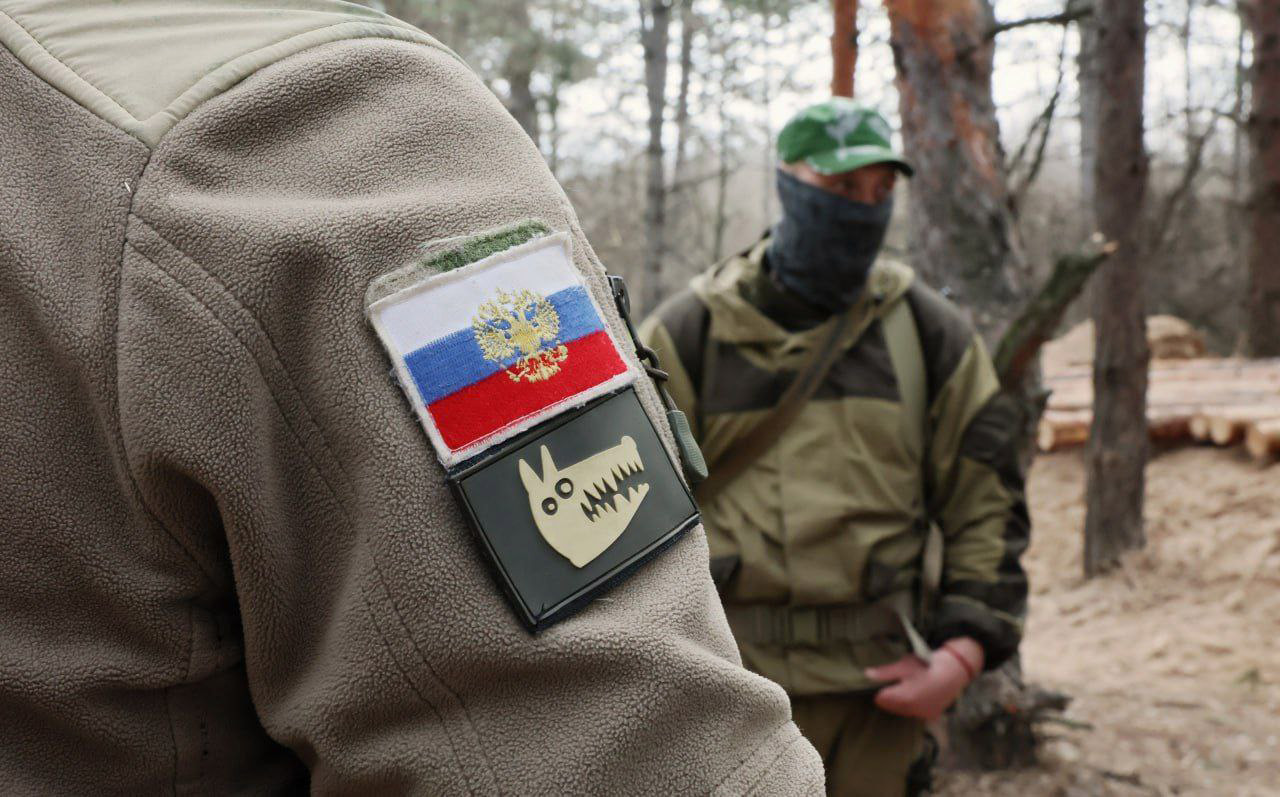
Tavrida, Sevastopol, and the Black Sea Cossack Army
The Tavrida battalion is a Russian Cossack unit led by Anton Sirotkin, Assistant "Head" of the Crimea and Ataman [Chief] of the Black Sea Cossack Army.
Sirotkin was a member of Sergey Aksyonov's Russian Unity faction until 2014 and strongly supported Russia’s annexation of the peninsula, in particular by forming "self-defence units". He has been a United Russia party member since 2014 and was elected to the Simferopol district council. Sirotkin was appointed as leader of the Black Sea Cossack Army in 2021 by order of Russian President Vladimir Putin.
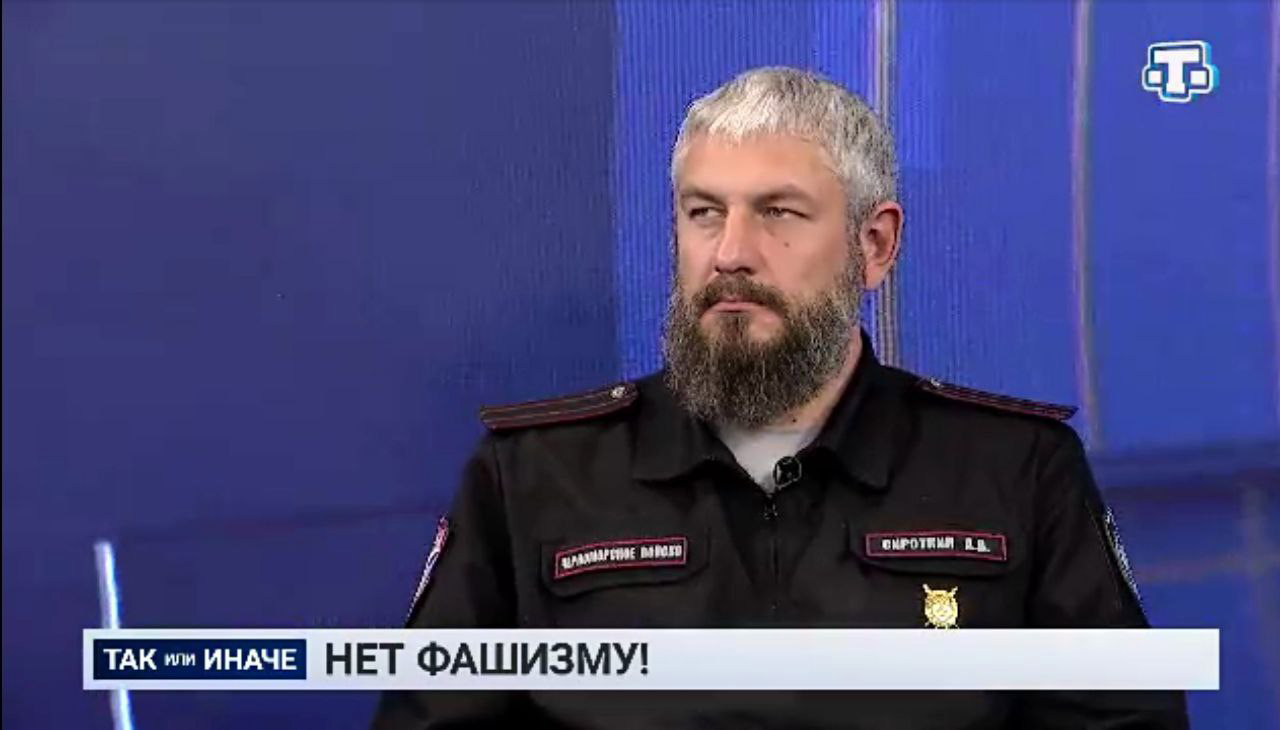
Andrey Dolzhenko is Sirotkin's deputy and commander of the Black Sea Cossack Army's intelligence unit. He said in an interview with Russian propagandists that he was personally offered the position by Sirotkin, apparently because of his combat experience.
"I had many comrades with military and intelligence experience because I was a military volunteer in Donbas in 2014, so we got the job done quickly and set up a professional group," Dolzhenko said.
He also added that due to his "extensive experience and service in the 'DPR' [the self-proclaimed Donetsk People’s Republic]", the intelligence unit has developed a "large network of agents in Ukraine".
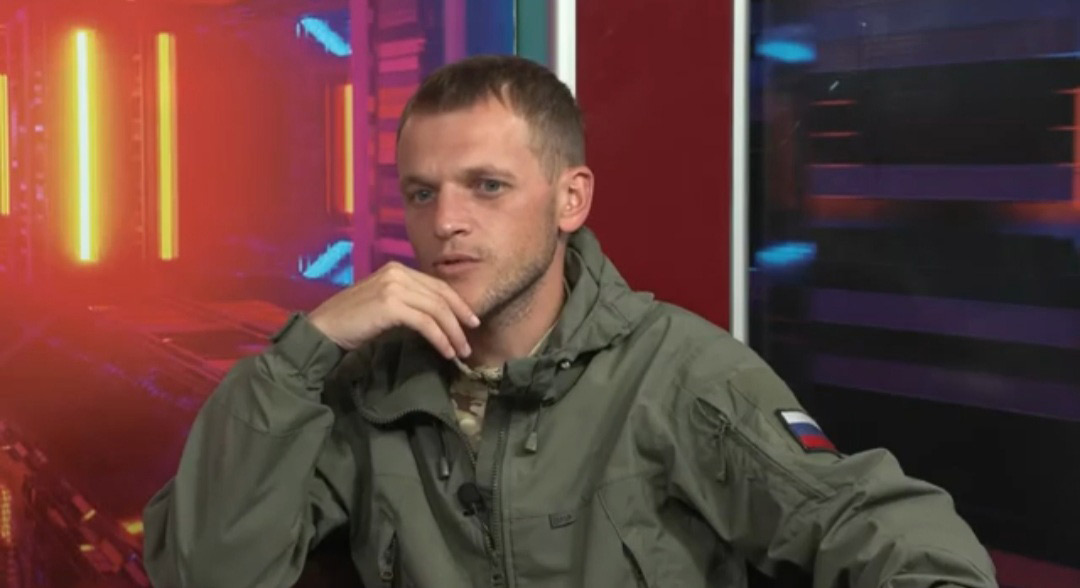
Tavrida's members also include Commandant Mikhail "Donets" Gridnev, Chief of Staff Vyacheslav "Maestro" Tokmakov, and Oleg Abalakov.
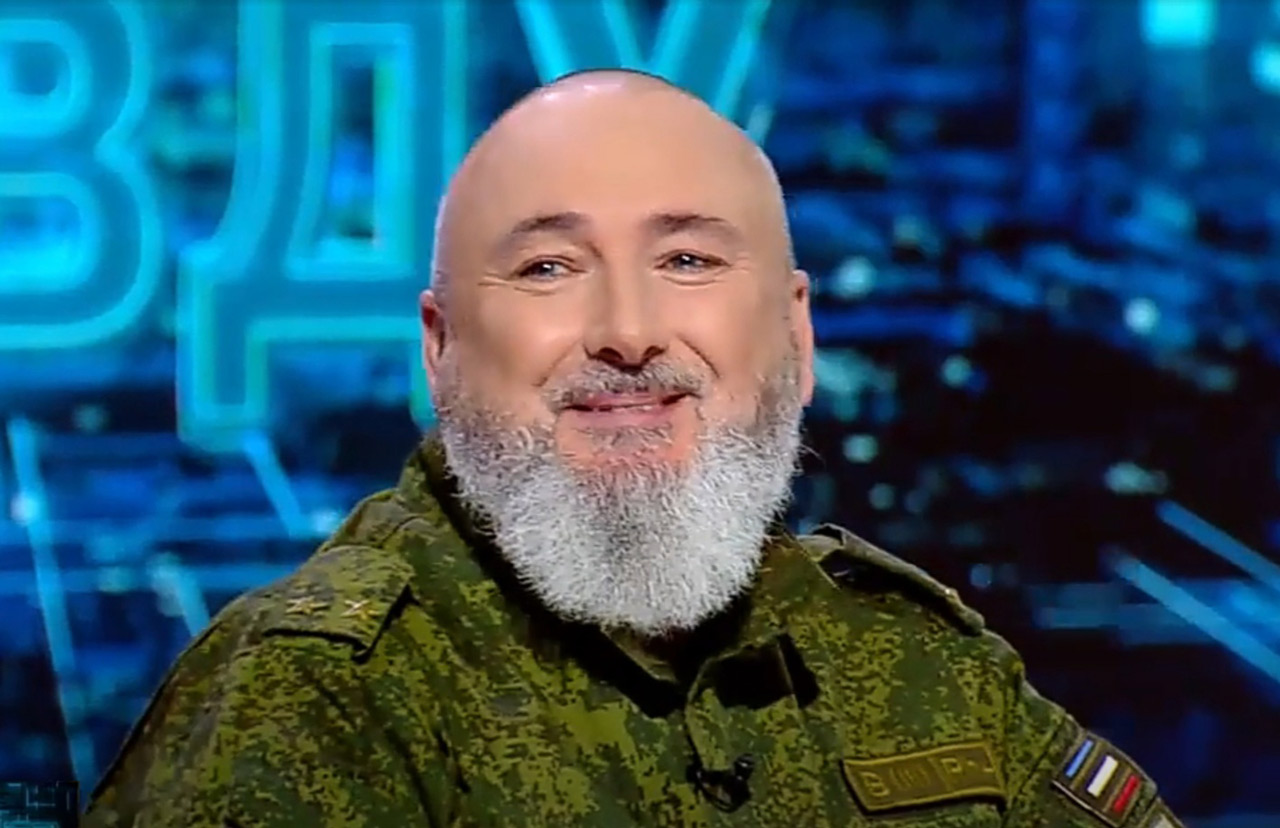
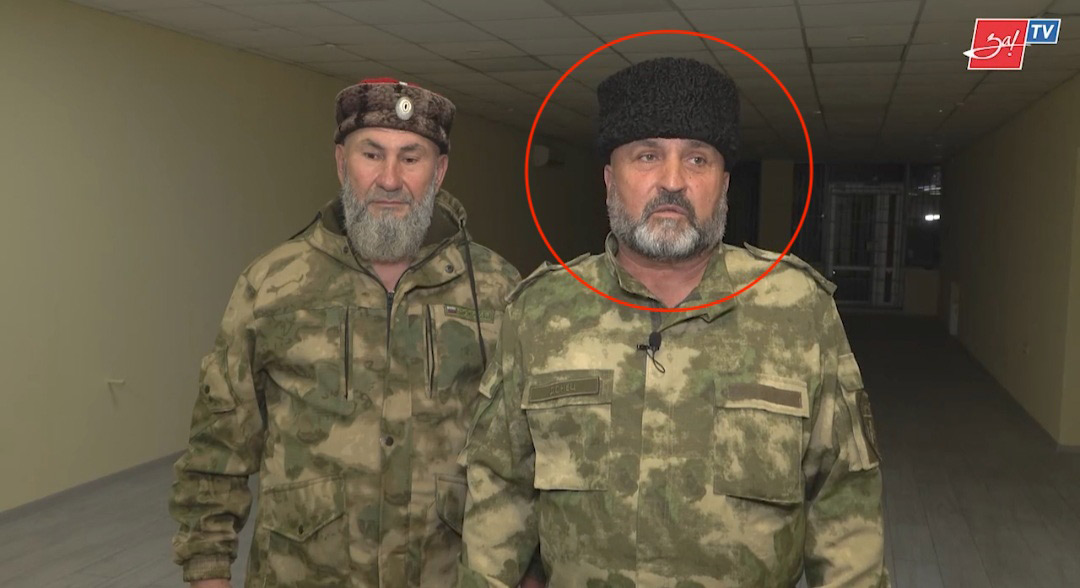
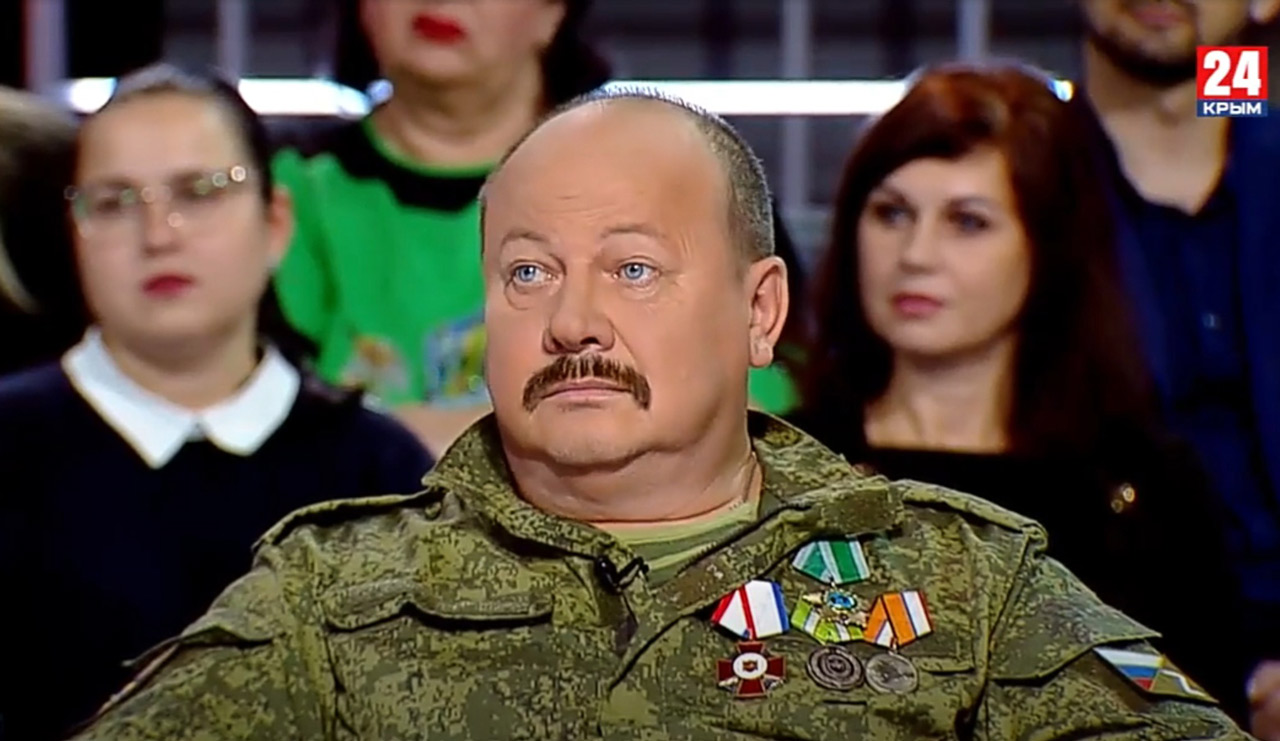
Tavrida representative Oleg Abalakov
Maestro stated on a Russian TV channel that the Tavrida battalion had clashed with Russia’s regular army units at the beginning of the full-scale invasion, but the Russian military then realised that "they’d better leave the private military company alone".
"We set the conditions straight away: gentlemen, you set us a task and a deadline. Let us decide how [we do it] and what forces we use," Maestro said, describing how the military volunteer battalions and PMCs cooperate with regular Russian army units.
The Sevastopol assault company, led by Oleg Hasanov, is a separate combat unit of the Tavrida battalion.
A native of Sevastopol, Hasanov was a member of the "self-defence" that supported Russia's annexation of the peninsula and organised anti-Maidan protests in Crimea and Kyiv [pro-Russian demonstrations in 2013-14 that were directed against the Revolution of Dignity, and later the new Ukrainian government, and sought closer ties with Russia – ed.]. In recent years he has been a member of the Public Chamber of Sevastopol.
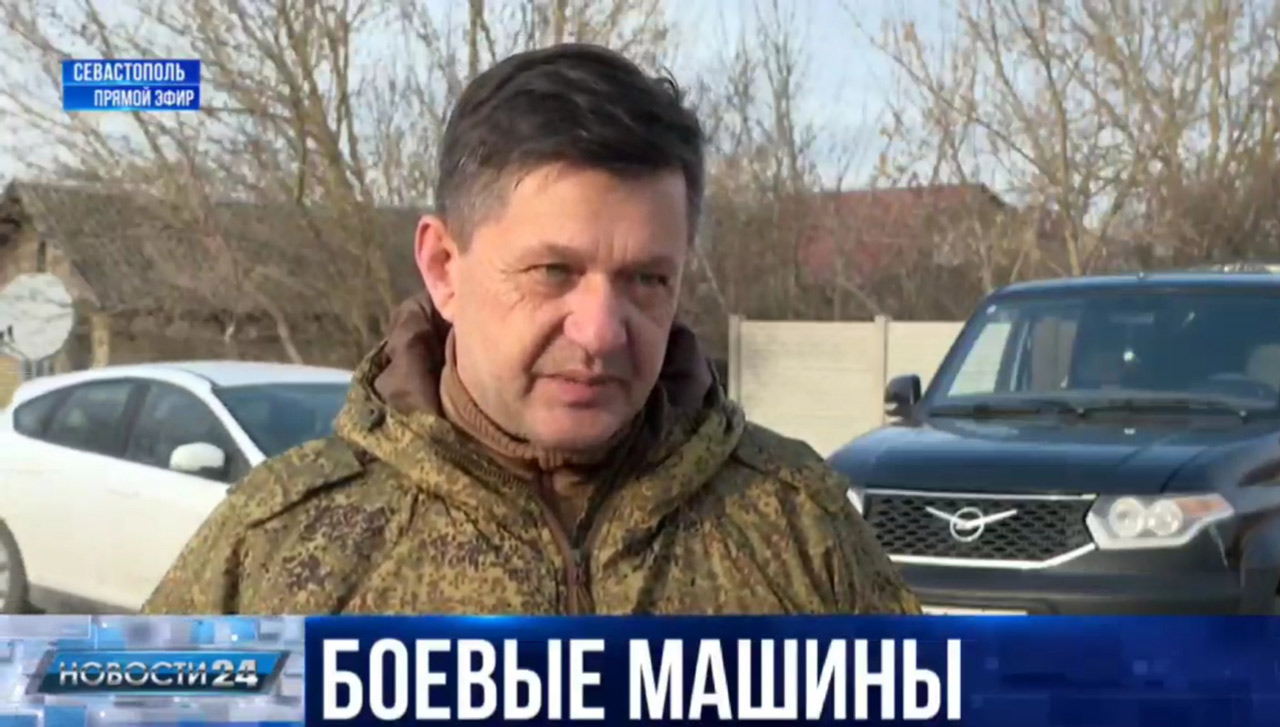
Most of the personnel in these formations are Russian Cossacks and former anti-Maidan activists who took part in the peninsula’s annexation. They are currently fighting in the occupied part of Zaporizhzhia Oblast, particularly in the settlement of Vasylivka and near the city of Enerhodar.
The Black Sea Cossack Army was founded in 2020 and became part of the All-Russian Cossack Society headed by Mykola Doluda.
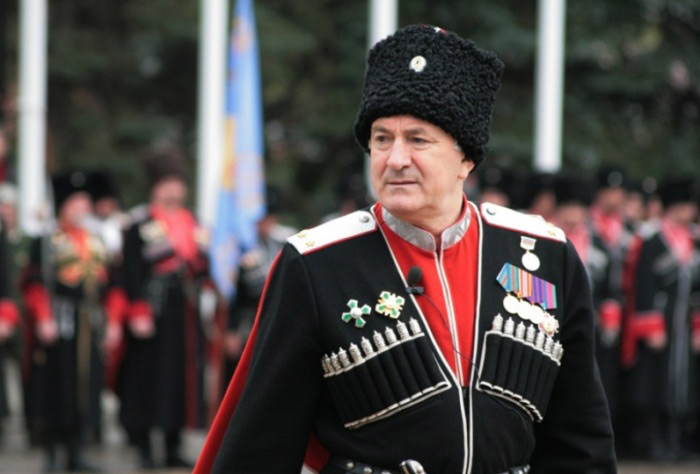
Doluda is of Ukrainian origin. He facilitated the infiltration of about a thousand people from Russia’s Krasnodar Krai into the Ukrainian Autonomous Republic of Crimea in February 2014, aiming to launch and support the pro-Moscow separatist movement on the peninsula and in other territories of Ukraine.
The Cossacks also have support from the Russian Orthodox Church, with dioceses having established departments for Church-Cossack relations. Metropolitan Kirill of Stavropol and Nevinnomyssk leads on this.
A newspaper, the Black Sea Cossack Journal, is published in occupied Crimea, and children's and young people's organisations have been working to militarise the younger generation.
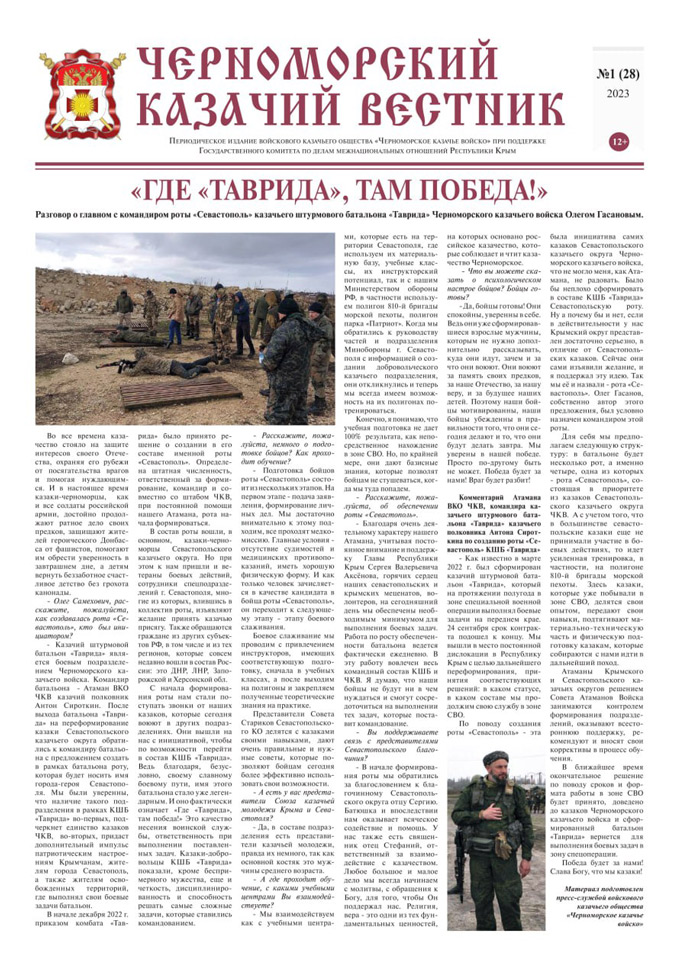
Livadia, Convoy, and a former Wagnerite
The Livadia unit is a volunteer military battalion formed by Aksyonov whose fighters sign dual contracts with the Convoy Private Military Company and the military organisation BARS-30 (Combat Army Reserve). This unit is part of the 150th Motorised Rifle Division, military unit No. 22179 (Rostov Oblast, Russia). This is confirmed by documents posted on Telegram by the soldiers themselves.
The 150th Motorised Rifle Division is a well-known unit in Russia. Formed in 1943, it took part in the storming of the Reichstag during World War II. Until recently, General Oleg Mityaev was in charge. He was reportedly killed by the Ukrainian military near Mariupol in March last year. Ukrainian defenders in Kharkiv Oblast captured the division's banner, which had featured in the opening of Moscow's 9 May Victory Day parades as "the main symbol of victory in the Great Patriotic War".
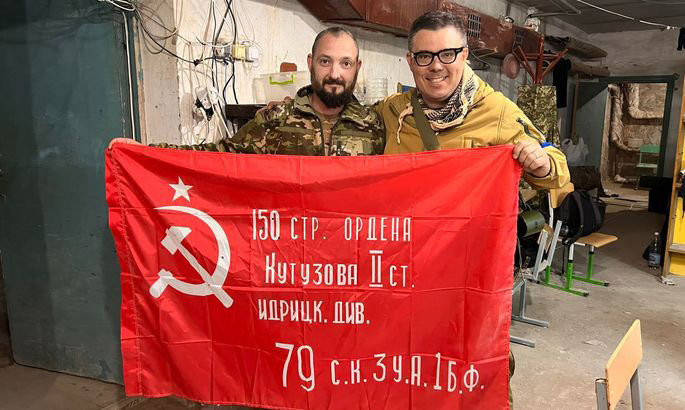
Livadia troops have also reported on their activities on the Zaporizhzhia front. And the Convoy PMC, the battalion’s reconnaissance company, is in Kherson Oblast, where Russian propagandists filmed a report about their life in the trenches.
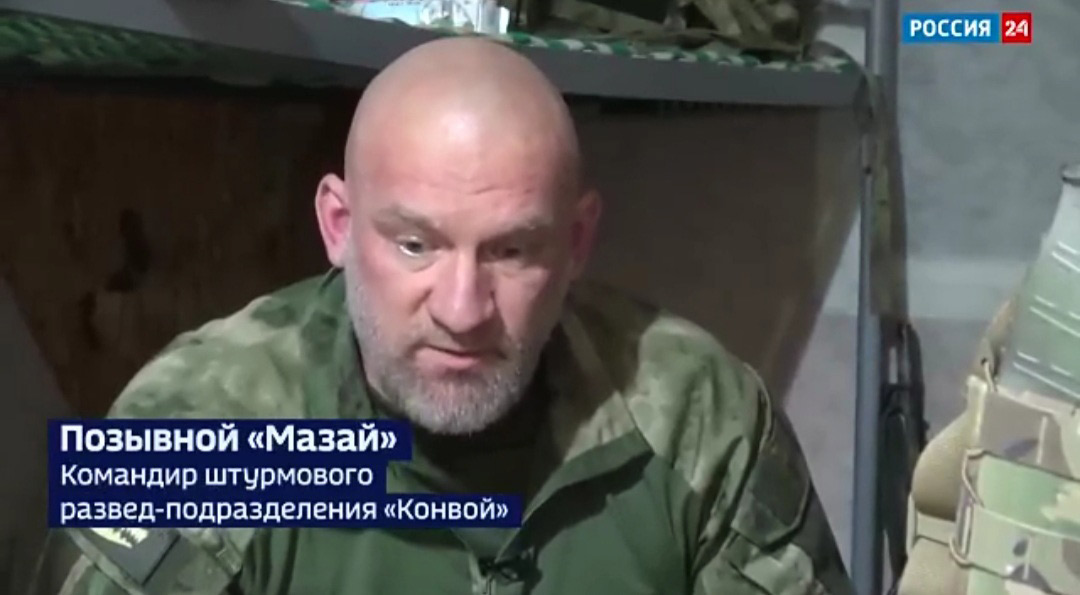
Konstantin "Mazai" Pikalov leads the Convoy PMC. Independent investigators from Bellingcat and The Insider have reported on his involvement in the Wagner PMC, his familiarity with the killing of journalists in the Central African Republic in the summer of 2018, and his oversight of elections in Serbia.
The investigators said Pikalov repeatedly travelled to the Russian-Ukrainian border between 2014 and 2017, accompanied by members of the Wagner PMC.
In addition, he travelled to Belgrade in September 2014 and from there to Banja Luka, the capital of Republika Srpska, where the presidential elections were taking place in one of the administrative units of Bosnia and Herzegovina.
At the time, Russia supported the incumbent president, Milorad Dodik. A group of nearly 150 people dressed as Don Cossacks then arrived in Banja Luka, claiming they had come to perform traditional Cossack dances.
Pikalov is the head of the Convoy company, whose founders include the Convoy St Petersburg City Cossack Society, which Mazai also runs.
He does, however, have a fairly extensive CV with connections to other influential friends of the Russian president as well as Prigozhin, as is evidenced by data from the register of legal entities.
Pikalov has been in the security and investigation business since the early 2000s. Through his company, the Security and Investigation Agency, he was linked to Russian businessman Vladimir Vasiliev, the owner of several corporations in Russia.
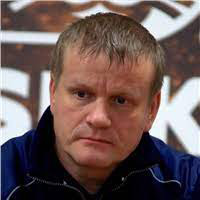
As the Russian journalists noted, the main clients of these security companies are the gas transport company Gazprom Transgaz St Petersburg and the Zenit football club.
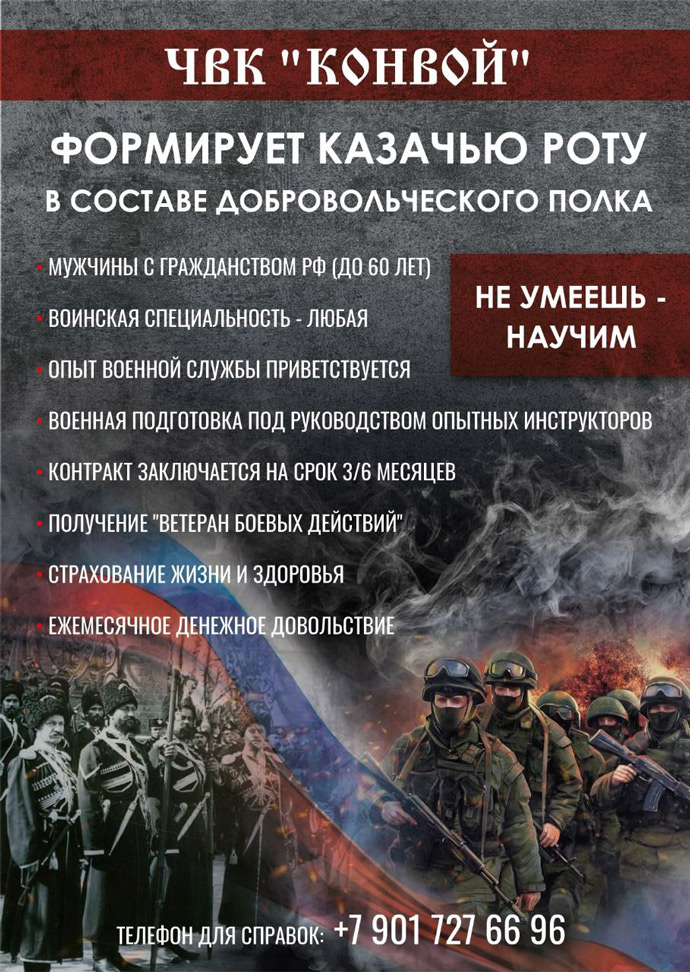
One of Convoy’s spokemen is Mazai's old comrade Vasily Yashchikov, who calls himself a 'descendant' of the Cossacks. He occasionally posts reports from the front line and interviews with troops to Convoy’s group on social media. Judging by his social media posts, he was also in Serbia during the 2014 elections.
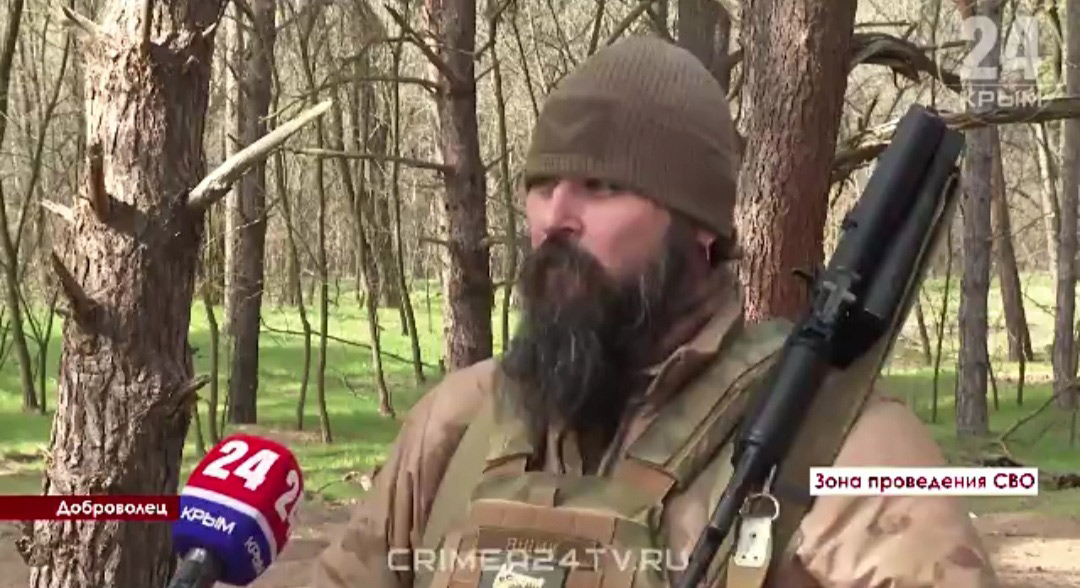
In May 2018, Yashchikov was also involved in beating up protestors in Moscow at the "He’s not your tsar" opposition rally initiated by Russian opposition leader Alexei Navalny to mark the inauguration of Vladimir Putin.
Besides the protesters, a few dozen Russian Cossacks in camouflage showed up at the statue of Alexander Pushkin in Moscow.
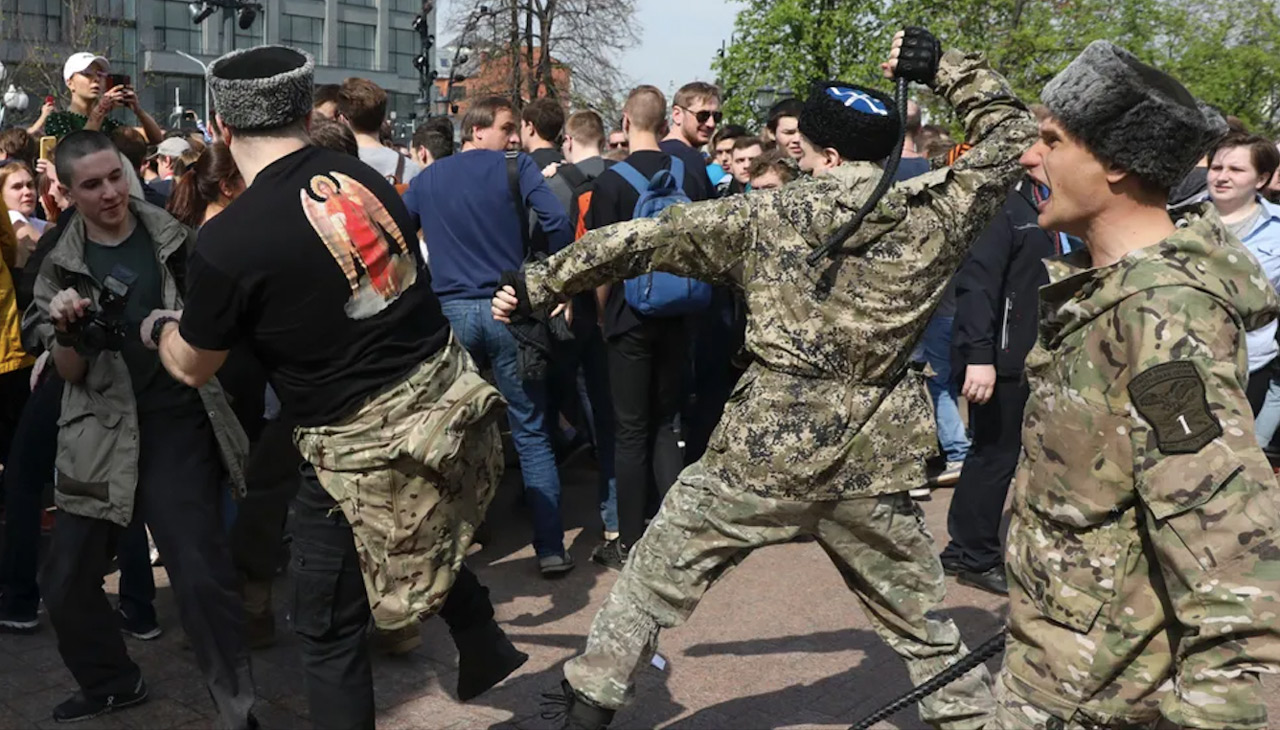
Independent Russian journalists reported at the time that organisations like this one had been receiving tens of millions of roubles from Moscow City Hall to "protect public order" and "promote Cossack culture". The Cossacks themselves, however, notably Yashchikov, insisted that they were not government stooges: they’d merely come along to watch the demonstration and the activists in the square had provoked them.
The opposition protesters denied this, saying that the Cossacks had been working with OMON [Russian riot police – ed.] from the outset and were attempting to disperse a peaceful protest.
The Russian president had indeed invited the Cossacks to get involved in the protection of public order in Russia. In 2021 Putin also approved the idea of recruiting Cossacks to serve in Russia’s National Guard.
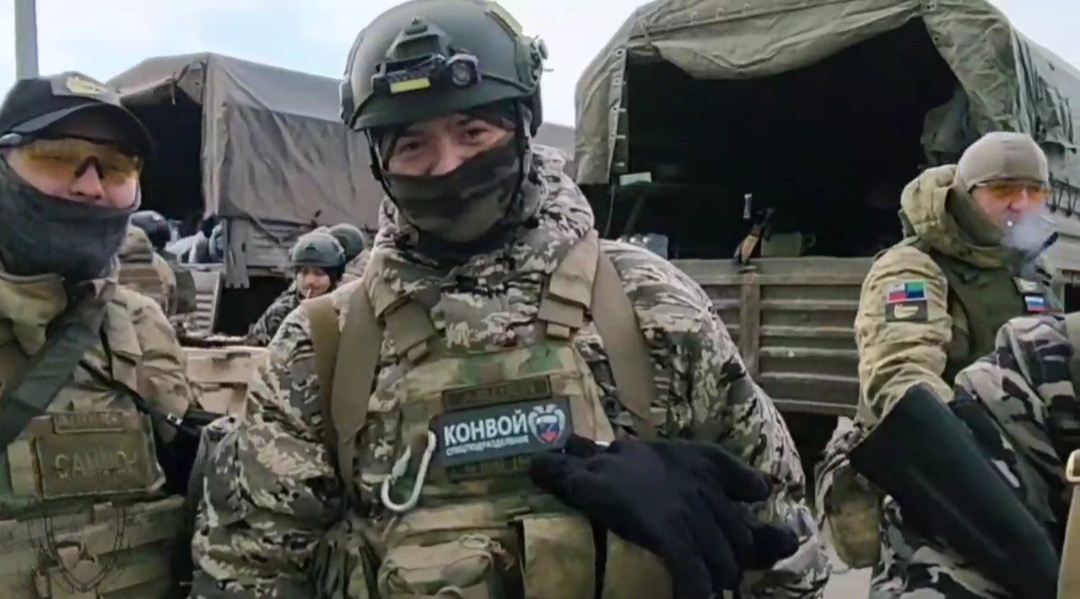
Furthermore, members of Convoy were spotted at a meeting of the Liberal Democratic Party of Russia (LDPR). The party is led by Leonid Slutsky and one of its members is Viktor Bout, a Russian convicted in the US for arms dealing who was recently swapped for Brittney Griner, an American basketball player convicted in Russia of alleged drug trafficking.
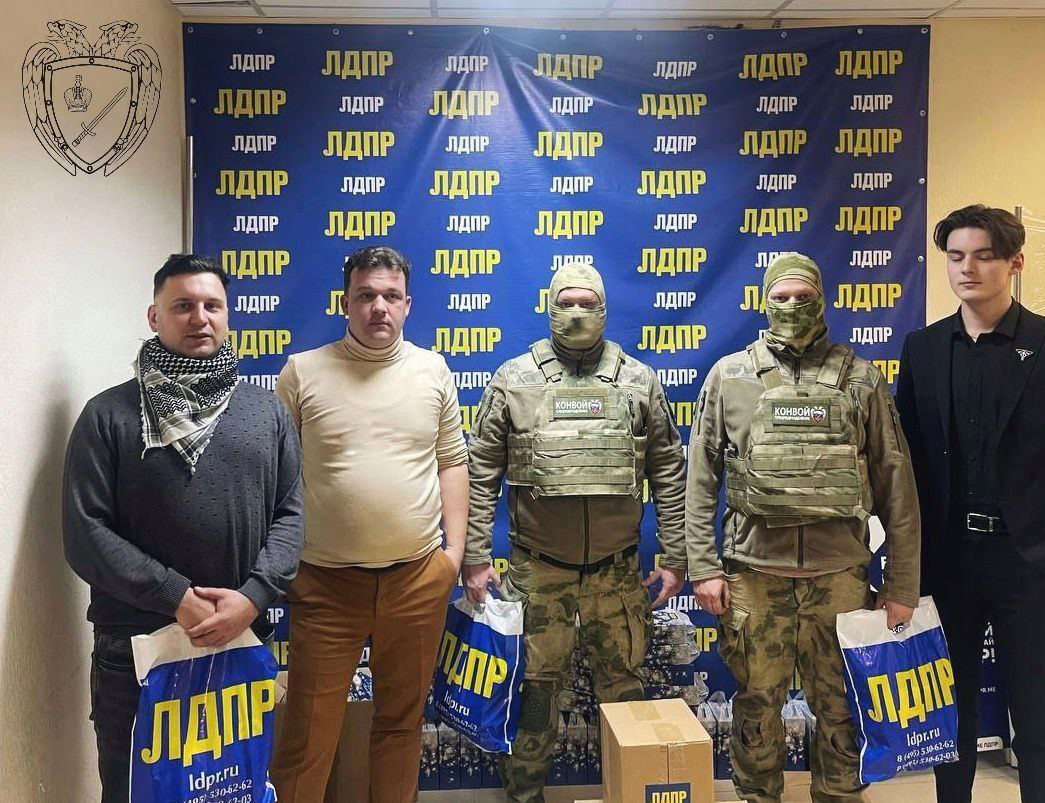
Money, training and weapons
The so-called Aksyonovites claim on Russian TV that they are financed and trained by Sergey Aksyonov, the head of Russian-occupied Crimea, personally.
But Ukraine’s Defence Intelligence argues that they also have other financial backers such as the Russian Ministry of Defence and Crimean entrepreneurs.
"We know that Aksyonov got some Crimean businessmen together and forced them to raise funds to finance this private military company," reveals Andrii Cherniak, a representative of Defence Intelligence. "On the one hand they are forced to do it, but on the other hand, they also want to protect themselves and their fortunes. The occupying authorities assure them that if there is any trouble, they’ll be evacuated and everything will be fine."
Ukraine’s Defence Intelligence also reports that members of Aksyonov’s PMC are offered a salary of 200,000 to 250,000 Russian roubles (about US$3,000) a month. There are several recruitment routes: amnesties for convicts, recruitment into private military companies, and mobilisation.
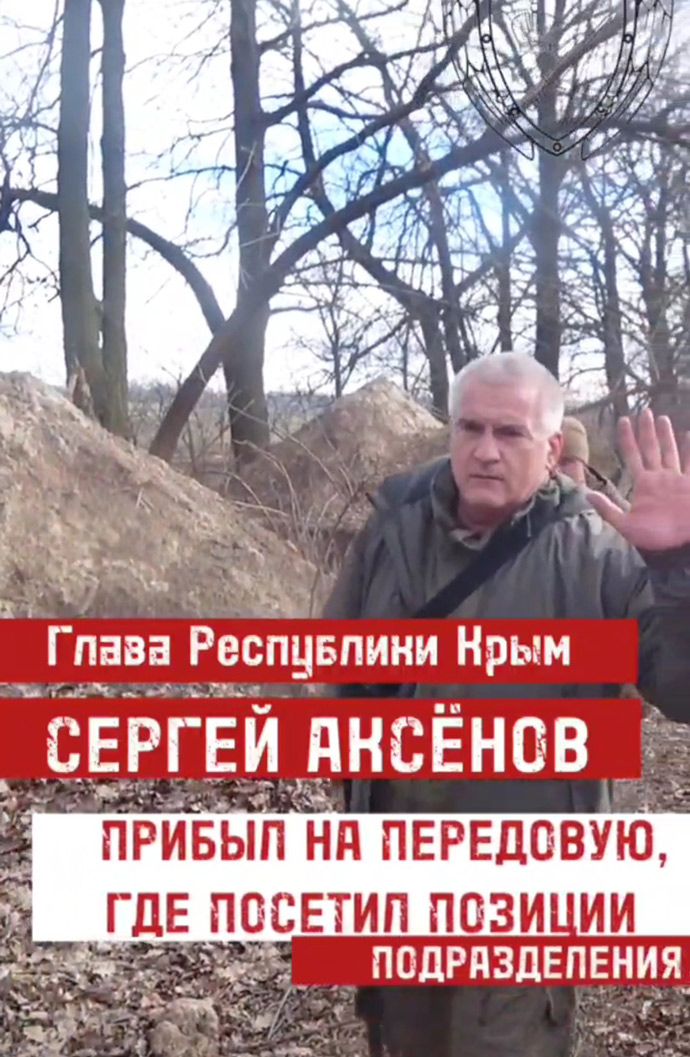
"They tried to recruit convicts. But after Prigozhin [Yevgeny Prigozhin, founder of the Wagner PMC – ed.] did this, the prisoners realised they were only being freed so they could then be sent to die in the war, so now Russian convicts are not willing to go and fight," Cherniak explains.
"So they are recruiting new soldiers from among mobilised Russians, having set up dual contracts with the new PMC and the Russian Defence Ministry. They are primarily trying to recruit residents of Crimea, but they’re also running a recruitment campaign throughout Russia. They don’t compete with Wagner, even though they often cross paths when recruiting soldiers."
Defence Intelligence says Aksyonov’s PMC does have military professionals with experience of multiple conflicts, but most of them are in the leadership.
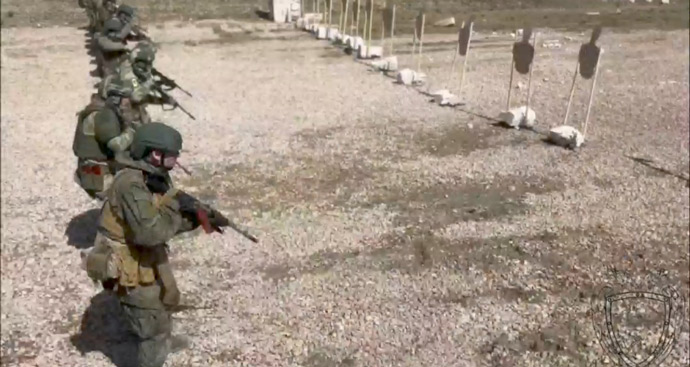
The Aksyonovites’ training takes place at a Crimean military base in the settlement of Perevalne (where Ukrainian marines were stationed before 2014) and in the occupied part of Kherson Oblast in Ukraine. They are trained by experienced instructors.
"These are former soldiers from Russian special units – the GRU (Main Intelligence Directorate), the FSB (Federal Security Service), the National Guard," says Cherniak. "These are people who have served and participated in combat action, in wars. Then they resigned and went to work for the PMC. They get different treatment and a totally different salary – starting at US$5,000. They are not sent to combat action areas, but are recruited to pass on their experience."
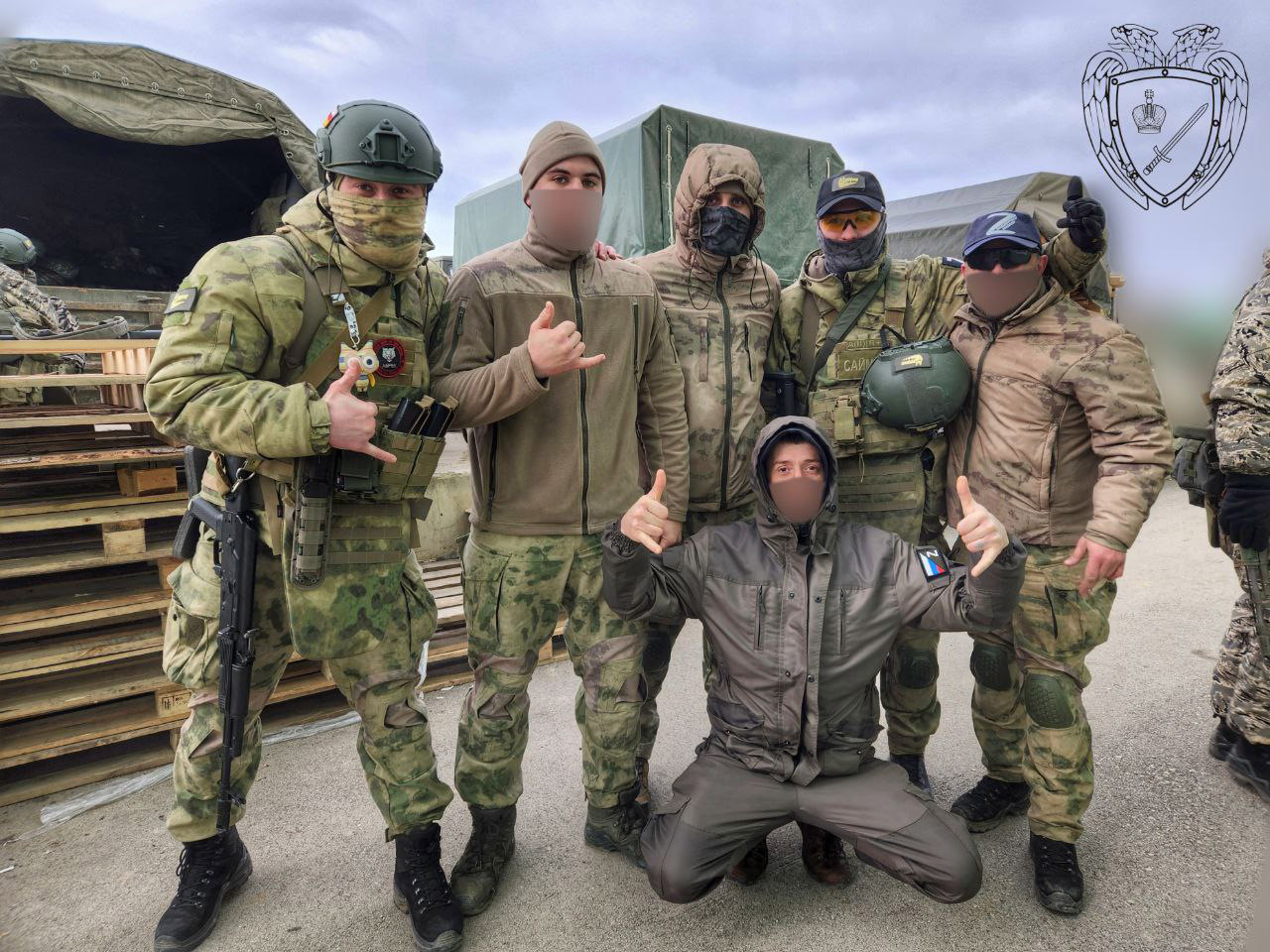
The Aksyonovites are well equipped and well supplied with arms, artillery and light armoured vehicles.
The name "Aksyonovites" belies the fact that all these units are controlled by the Russian secret services and the Russian army: "In totalitarian Russia there can be no military formations that are not subordinate to the security forces."
Territorial defence and other combat groups
Besides combat units in Crimea, Territorial Defence forces (TRO) are also being formed. According to Anton Sirotkin, Aksyonov’s assistant, at present nearly five thousand residents of the Crimean peninsula have completed the relevant training.
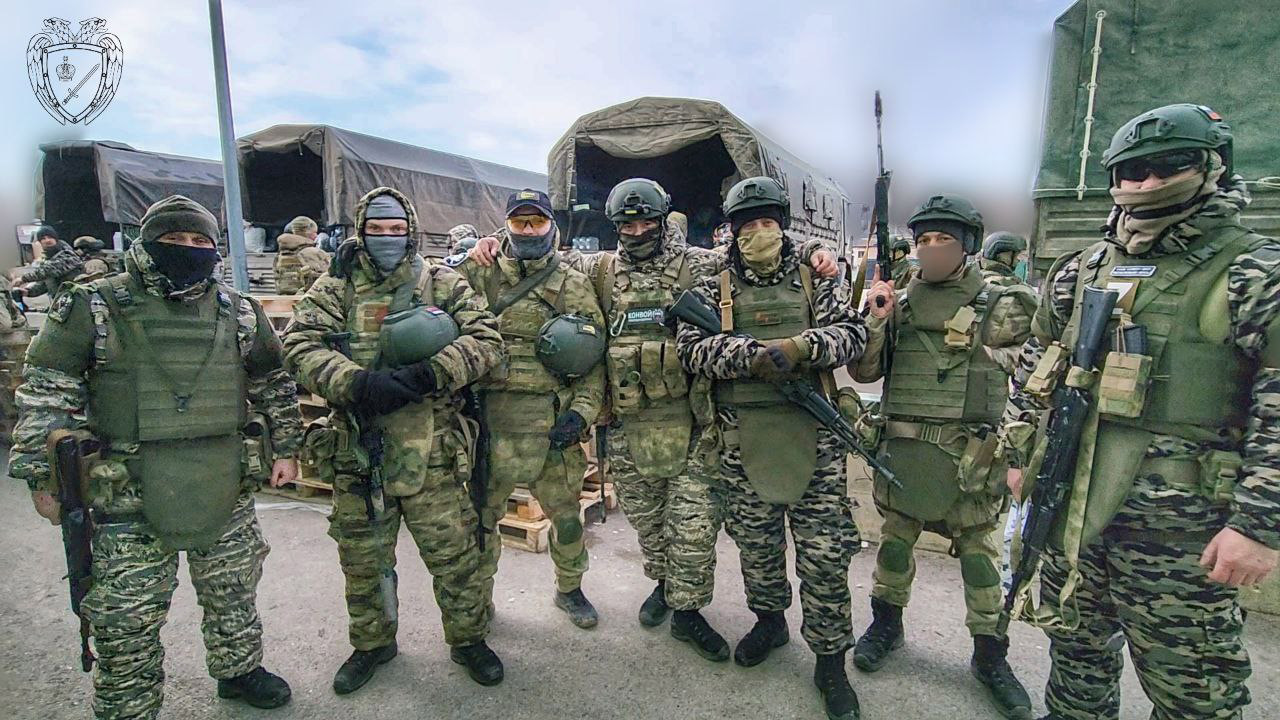
"To protect the peninsula from threats and challenges on the potential contact line and on potential fronts where the enemy may try to break through, fortifications and echeloned defence are being set up, and the territorial defence of Crimea is being formed, with members undergoing special training," Sirotkin said in April in an interview for Russian propagandists.
The main duties of these units are patrolling and guarding local government agencies and businesses.
The Crimean peninsula is currently patrolled by the Vitiaz Khutor Cossack Organisation headed by Igor Zolotaryov, the Young Cossack Alliance headed by Yuri Minikh, and the Feniks Khutor Cossack organisation headed by Sergey Barkovsky. Besides providing protection services, these formations also deliver "patriotic education for children", organising special Cossack schools and lessons in the "basics of Cossack culture".
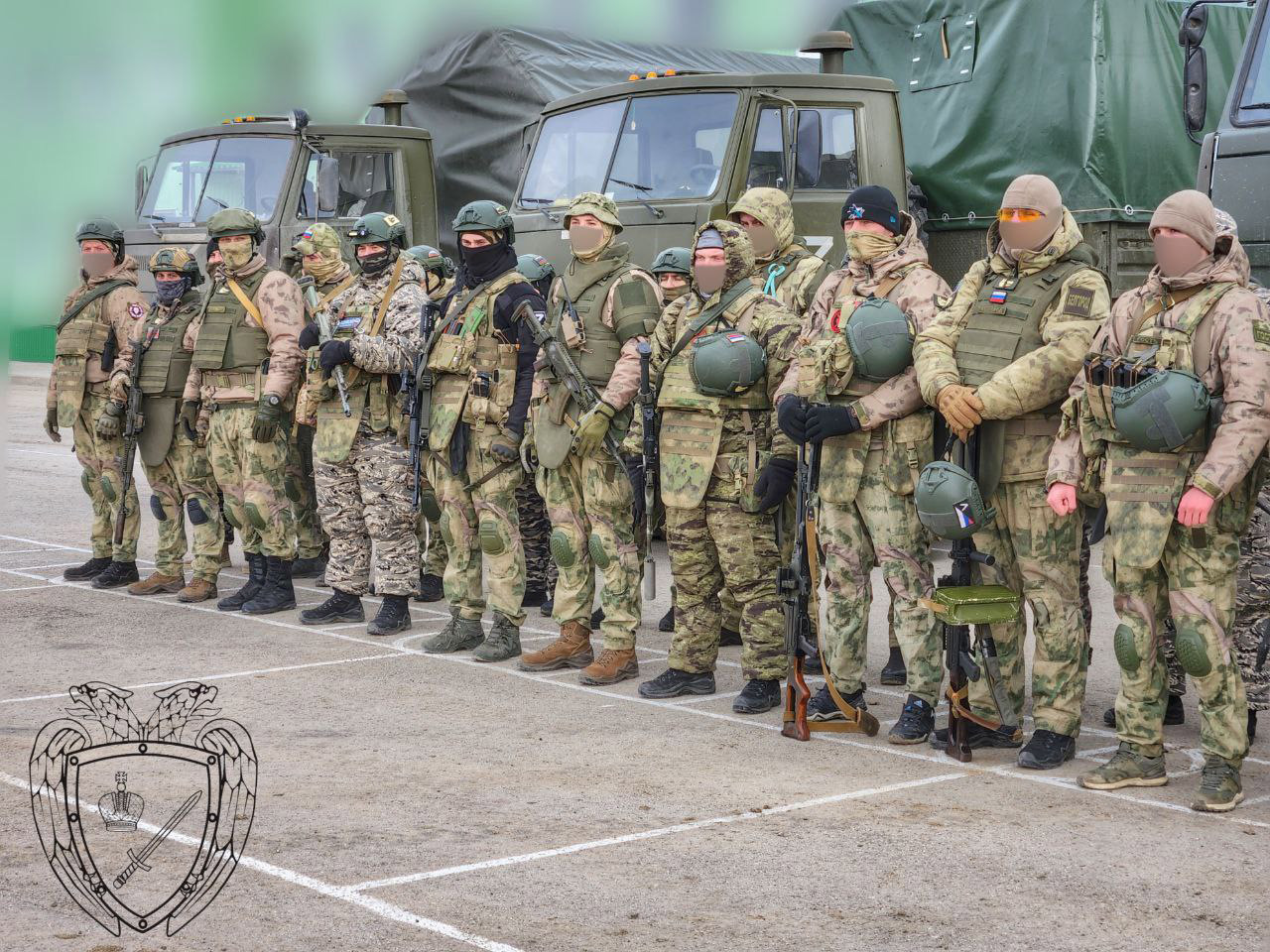
Our analysis shows that in total, at least 10 Cossack units are taking part in Russia’s war against Ukraine. The occupiers themselves report that they number about 16,000 people:
– Unified Cossack Brigade (Don, Yermak, Kuban, Tavrida, Yenisei)
— Terek, Skif (Scythian) and Sibir (Siberia) battalions
— Tiger, Step and Forstadt battalions
— 1st Zakharii Chapega Volunteer Cossack Squad
"They realise there will be fighting in Crimea"
Ukraine’s Defence Intelligence is convinced that fear of the Ukrainian counteroffensive is the main reason behind the emergence of the Aksyonovites.
"They’re well aware that there will be combat action in Crimea, and now they are building fortifications and defence lines – and not just in Crimea, but in the south of Kherson Oblast as well," says Andrii Cherniak.
"These private armies were created to protect the occupying administrations due to the lack of certainty that the Russian Armed Forces will be able to defend them. Also, they have no confidence in the integrity of the Russian Federation. If Russia starts to collapse, they will have these PMCs to protect their property and their families."
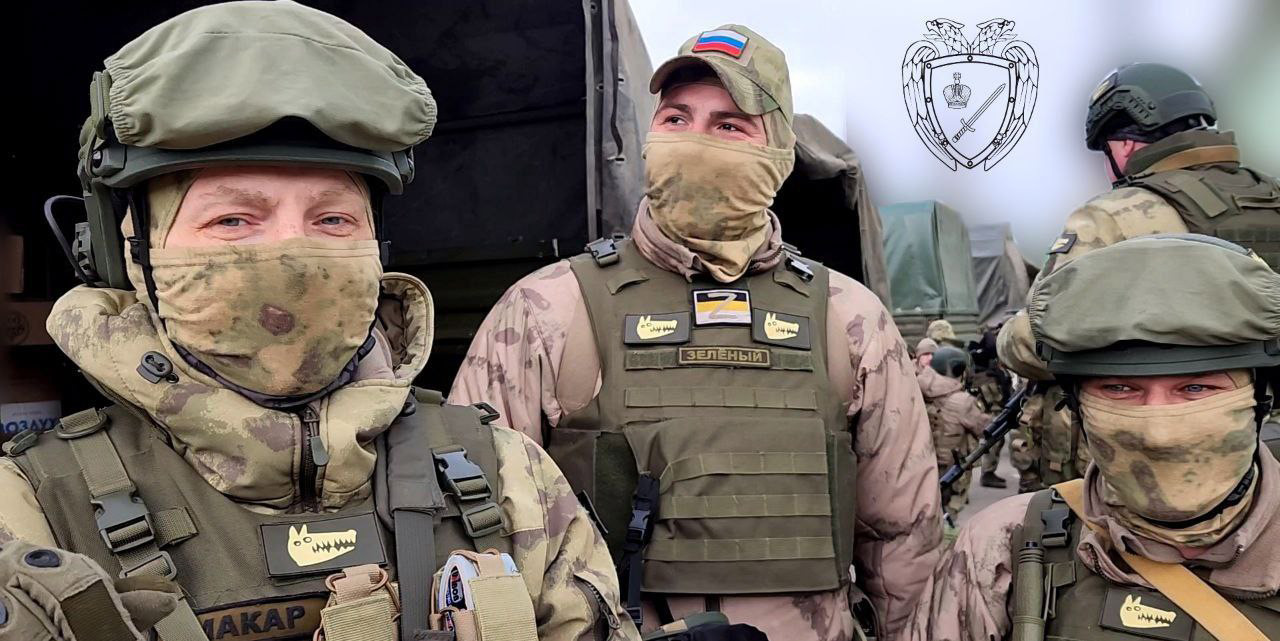
In addition to creating private armies and building fortifications, the occupying authorities are also attempting to influence Crimea’s pro-Ukrainian population.
"Filtration measures are being conducted to identify and prosecute people who are promoting the idea that Crimea is Ukrainian," Cherniak explains.
He believes that Aksyonov and his associates promote their army in the Russian media in order to show that they too are part of the political elite.
But there is a certain degree of distrust between the "leaders" of occupied Ukrainian regions.
"For now, they are temporarily stuck in the same boat. They want victory and some political and financial achievements for themselves," says Defence Intelligence.
"But they are certainly not friends. So they are trying to build separate structures. And if some conflict or issue arises, these PMCs will fight each other."
Active recruitment into Aksyonovite formations is currently ongoing in both Crimea and Russia.
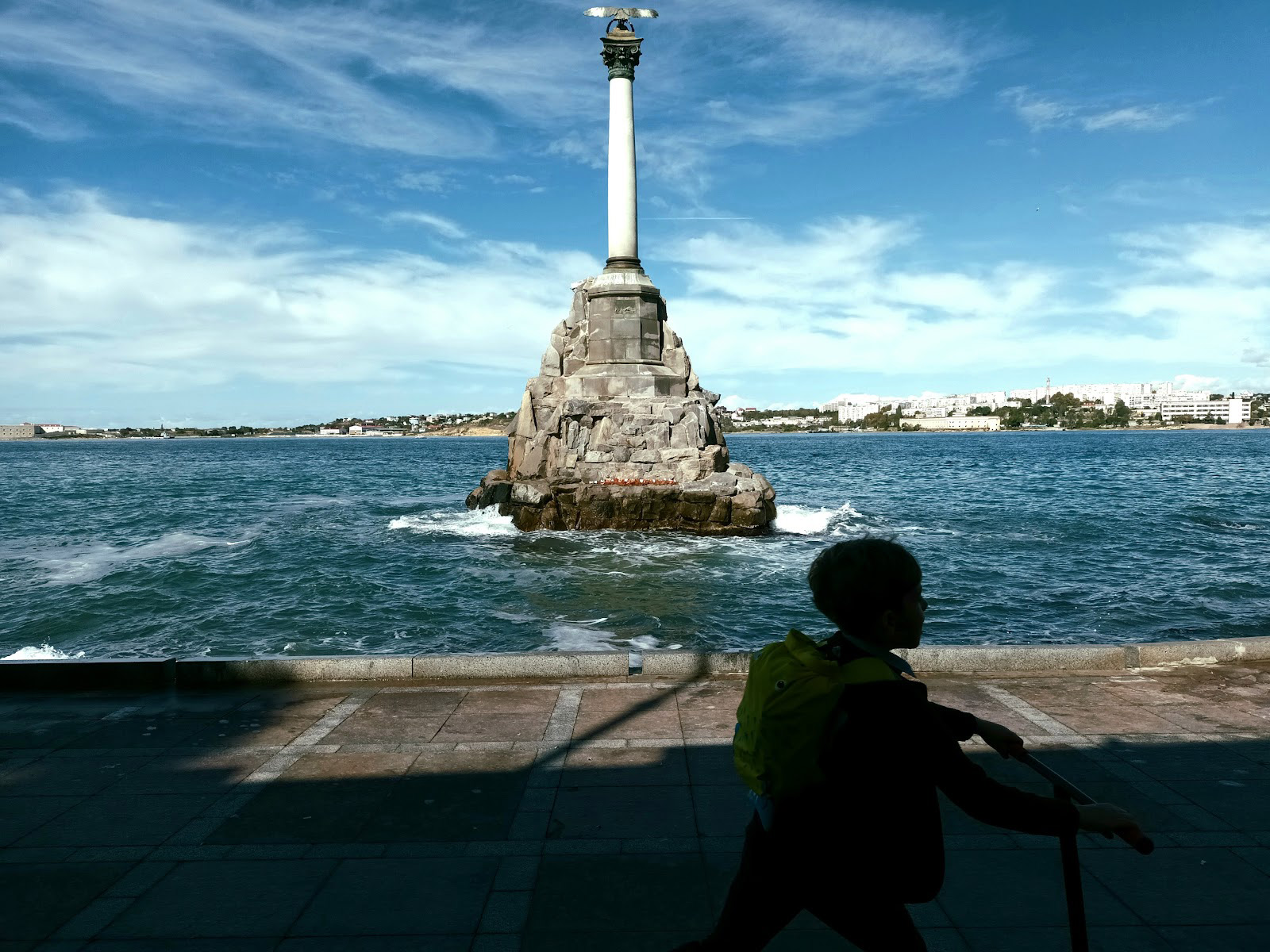
Summer is nearly here. But the Armed Forces of Ukraine are warning that this year, the "holiday season" in Crimea is expected to be "strike season". So Russians who live in the occupied peninsula, or go there on holiday, will need to get used to air raid warnings and explosions.
Defence Intelligence has stated numerous times that Ukrainian troops will reach Crimea, and President Volodymyr Zelenskyy has stressed many times that "only by bringing back Crimea will we bring back peace."
Translation: Artem Yakymyshyn and Polina Kyryllova
Editing: Teresa Pearce